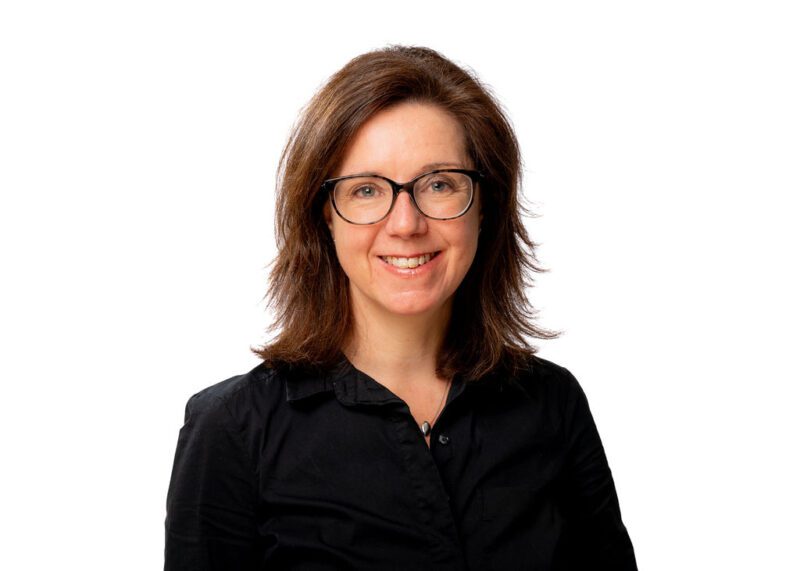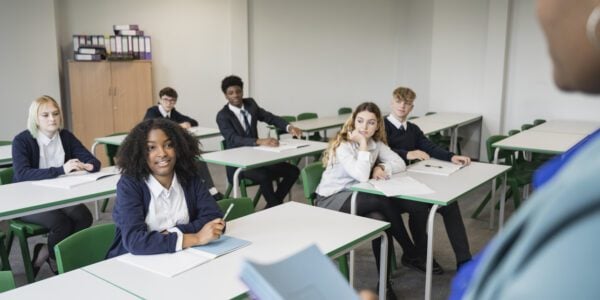-
Sam McLoughlinRoyal Economic Society
-
Professor Sarah SmithUniversity of Bristol
Project overview
This project will develop resources to enhance basic economic literacy among young people, supporting informed democratic participation.
Why this project is important
Economic literacy is crucial for active citizenship. However, economics is not currently part of the National Curriculum, and many young people describe economics as confusing, complicated, or difficult to understand. There are striking inequalities by social background, with economics taught in around half of all non-selective state schools, compared with 77% of independent schools and 83% of grammar schools. This is driven in part by a shortage of subject-specific teachers for Economics. Over the period 2017/18 – 2021/22, there were only 40 new economics teacher entrants.
This project aims to address the gap by creating and promoting resources that can be used by non-economic teachers across related subject areas. The content will draw on cutting-edge Nuffield-funded research from the Deaton Review of Inequalities and the Economy 2030 Inquiry.
What it will involve
The project will involve:
- Content creation: Developing six sessions for GCSE students aligned with Citizenship, Geography, and Maths curricula. The focus will be on GDP, growth and productivity, regional inequality, gender and ethnic inequalities, taxes and public spending, trade, and implications of globalisation.
- Expert consultation: Collaborating with expert researchers and subject associations to ensure curriculum alignment.
- Video production: Producing educational videos lasting 5-6 minutes consisting of narration, data visualisation, and footage.
- Student resource development: Creating resources for a one-hour lesson for teachers to use in class or as homework. Supplementary lessons plans will help ensure non-economics teachers are equipped to deliver the classes.
- Deliver: Utilising online access and in-person delivery. Social media content will be created for stakeholder organisations to promote. Trained student ambassadors will visit schools to deliver content, targeting the most disadvantaged schools.
- Evaluation: Collecting data on resource usage, feedback from students and teachers, and measurement of change in young people’s understanding, perceptions and confidence relating to economics.
How it will make a difference
The resources created by the project – video content, supplementary classroom resources, and lesson plans for the teachers – will be made available for free download on the Discover Economics website.
The project is a collaboration between the Royal Economics Society’s Discover Economics campaign, the Institute for Fiscal Studies, and the Resolution Foundation.
























